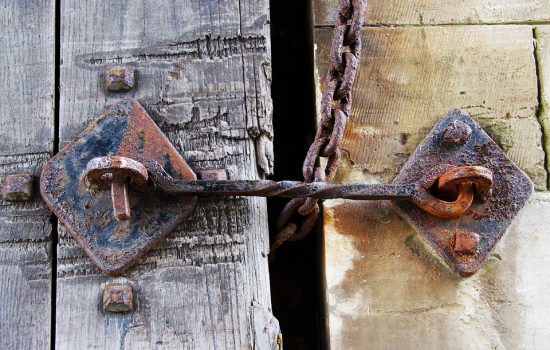“Forfeiture and crime assets management can contribute as a source of state finance”
A while ago, several media reported an alleged stealing of seized assets by several personnel of law enforcement agency. It is in Institute for Criminal Justice Reform (ICJR) opinion that stealing crime assets is often happen in Indonesia due to the lack of supervision and crime assets management. This issue should become one of the primary attentions of Jokowi’s Administration in the future. Because beside as a tool to “amputate crime”, proceeds of crime forfeiture can support the state finance and become one of the huge financial sources.
According to ICJR, crime assets management and efforts to forfeit crime assets must be reformed by a more comprehensive Draft Law on Crime Assets Forfeiture. In fact, since 2008 the Draft Law on Assets Forfeiture has been prepared, and in 2011-2012 the Draft Law initiated by the Government has been published. However, the Draft Law was put to “sleep” for almost 4 years due to the lack of political support. This is why ICJR urges Jokowi’s Administration to push the Draft Law back into the National Legislation Program (Prolegnas).
The latest development of provisions on assets forfeiture can only be seen in the Supreme Court Regulation No. 1 of 2013 on Settlement Procedure for Assets Forfeiture in Money Laundering or other Criminal Acts, which intended to avoid the potential usage of money in the practice of money laundering criminal act. The regulation was drafted by the Supreme Court and the Financial Transaction Reports and Analysis Center (PPATK) specifically to forfeit assets related to banking accounts that have no owner.
Beyond this, several criminal provisions that have regulated the possibility to seize and forfeit instruments and proceeds of crime are still very weak. According to ICJR, currently forfeiture can only be carry out after the perpetrator of criminal act has been legally and convincingly proven committed a crime by a court. Whereas there are possibilities that can obstruct the settlement of enforcement mechanism such as cannot be found or decease or the present of other hindrance that causes the criminal act perpetrator is unable to attend a court examination or there are not enough evidence to submit a prosecution to the court and other reasons.
Some existing stipulations on criminal act of corruption are also causing problems, such as the substitution of obligation to pay substitution money with jail time that is not exceeding the maximum primary criminal punishment, this stipulation creates an opportunity for corruption perpetrators to choose extending their jail time rather than must pay substitution money. Property or asset forfeiture is also only apply to convict. Whereas the modus operandi for hiding proceeds of corruption is usually through family, acquaintance or trusted person. Another matter that complicate efforts to maximize returning corruption crime money to the state is the Law on Criminal Act of Corruption that has limited the amount of substitution money that may be subject to as equal with money proceeds from corruption crime or as much as can be proven by a court.
ICJR states that the Draft Law on Crime Assets Forfeiture will widely open the opportunity to forfeit all assets that are allegedly proceeds of crime and other assets that are allegedly been used as a tool to commit a criminal act. The Draft Law on Crime Assets Forfeiture also tackles the constraints in returning assets through criminal mechanism (in personam). As a result, although a suspect or convict is deceased, runs away, permanently ill, or unknown his/her whereabouts, seizure and forfeiture of proceeds of crime assets can be done fairly through a court examination.
ICJR sees that the Law on Assets Forfeiture must be made available since Indonesia has ratified the 2003 United Nations Convention against Corruption (UNCAC), and later on the United Nations Convention against Transnational Organized Crimes (UN-CATOC), by issuing Law No. 5 of 2009. Moreover, the Revised Recommendations of the Financial Actions Task Force (FATF).




